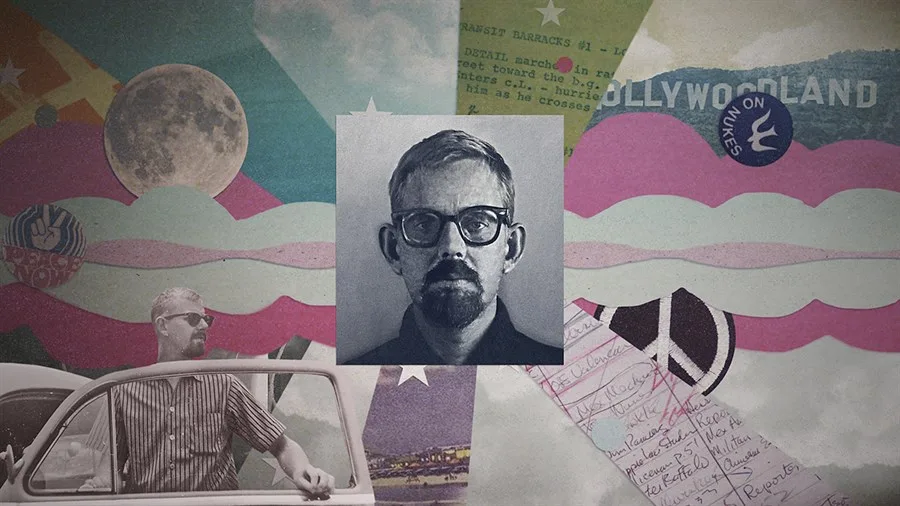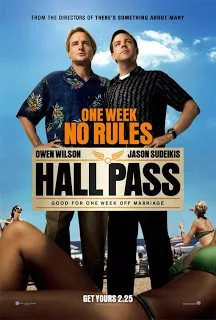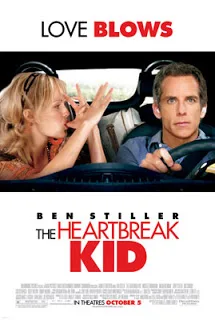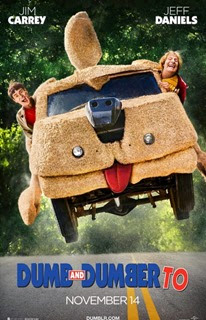[imdb style=”white”]tt5844196[/imdb]
The career of filmmaker Hal Ashby is revisited in Hal. Beginning his film career as film editor, which included winning an Oscar for his friend Norman Jewison’s 1967 film In the Heat of the Night, Hal Ashby began his directorial career with the racially charged drama The Landlord in 1970. He followed this up with the controversial cult romance Harold and Maude in 1971 and the equally controversial The Last Detail in 1973. It was 1975’s Shampoo that truly brought Ashby some success as a filmmaker. However, Ashby was an anti-establishment filmmaker, whose constant conflicts with studio executives resulted in the steady downfall of his career in the 1980s, before dying of cancer in 1988.
Even though his films are well-remembered to this day, it can be argued that Hal Ashby was overshadowed in his time by the emergence of filmmakers, such as Steven Speilberg, Francis Ford Coppola, and Martin Scorsese. Often having an appearance of a long-haired hippy, with a regular pot-smoking habit, Hal Ashby was always at odds with studio executives, who were not happy with plots of his films, such as the unconventional romance in Harold and Maude and the use of heavy language in The Last Detail. In fact, it was studio interference that was the final nail in the coffin of Hal Ashby’s career, as he found himself fired from his final film 8 Million Ways to Die doing the post-production process, with his history of drug use being the studio’s excuse.
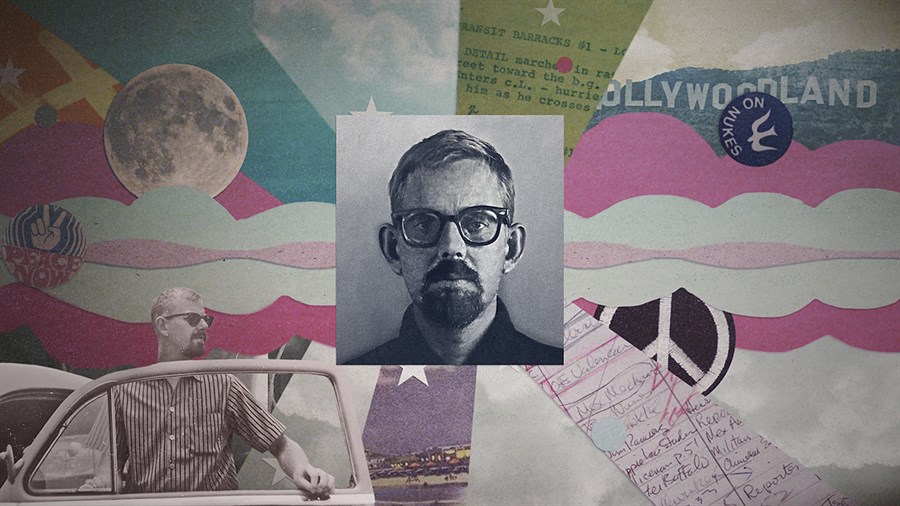
In telling the story of Hal Ashby’s career, first time filmmaker Amy Scott talks to various people, who either worked with or were inspired by Hal, such as Norman Jewison, Beau Bridges, Jeff Bridges, Judd Apatow, Yusuf Islam (Cat Stevens), Alexander Payne, David O. Russell, and Jon Voight. Hal also features Ben Foster narrating various letters and memos written by Hal Ashby.
Like many biographical documentaries, Hal works well to introduce people to the films of Hal Ashby. While going in-depth on the seven films me made in the 1970s, the film only skims over Hal Ashby’s 1980s work, with the reason given being that the films dropped in quality, due to increased studio interference. In fact, the only of his 1980s films to get any attention in the documentary are 1982’s Lookin’ to Get Out and 1986’s 8 Million Ways to Die, with the latter being talked about because the studio took the film away from Ashby and reedited it.
The ultimate message given in Hal was that Hal Ashby was a highly influential filmmaker that never really got his due. As someone who has only seen Harold and Maude, I did think that the film worked as a good introduction, even though I do feel like the film glosses over the negative aspects of Hal Ashby’s life and career, in order for the film to be a celebration of a cult filmmaker, who never got the recognition he deserved.
Hal is now playing at the Hot Docs Ted Rogers Cinema

